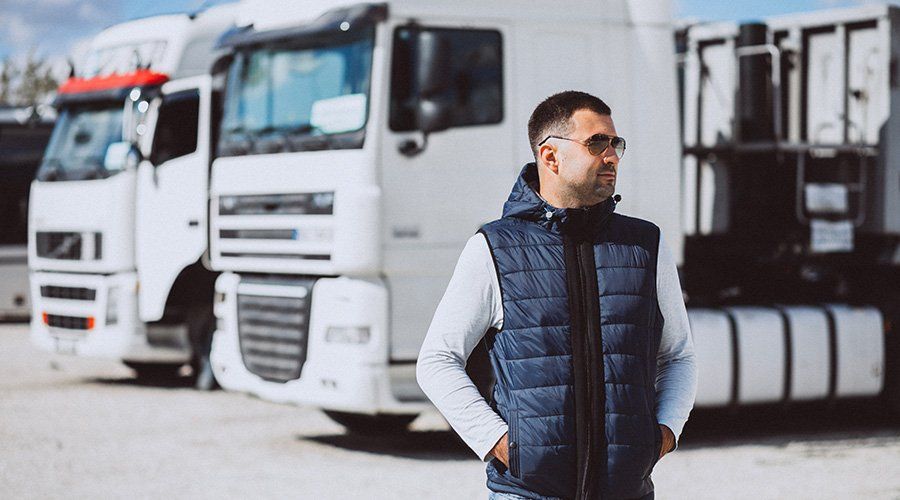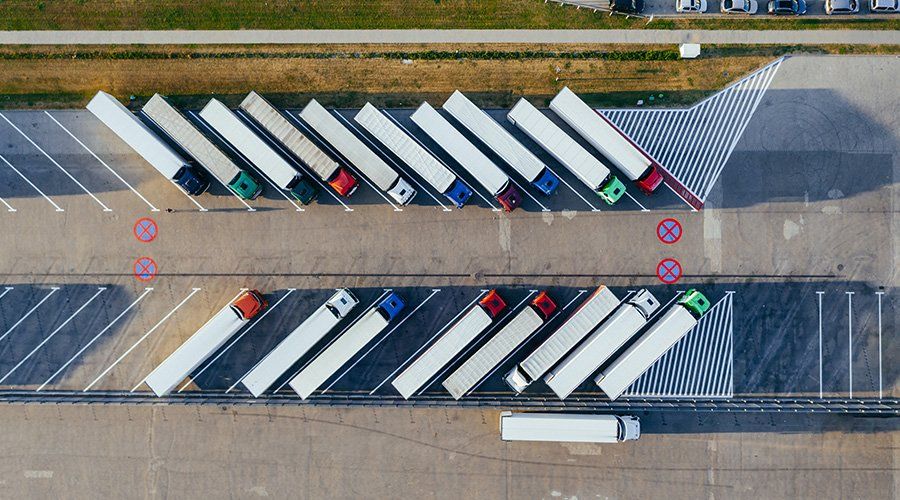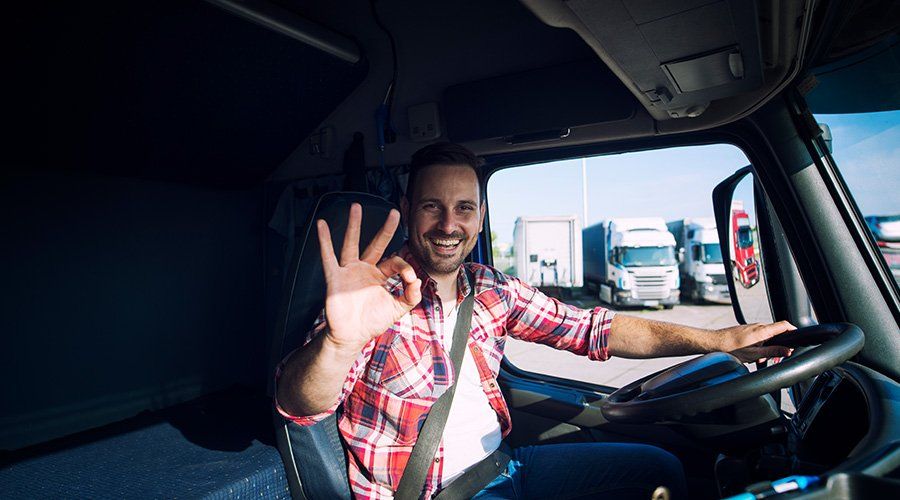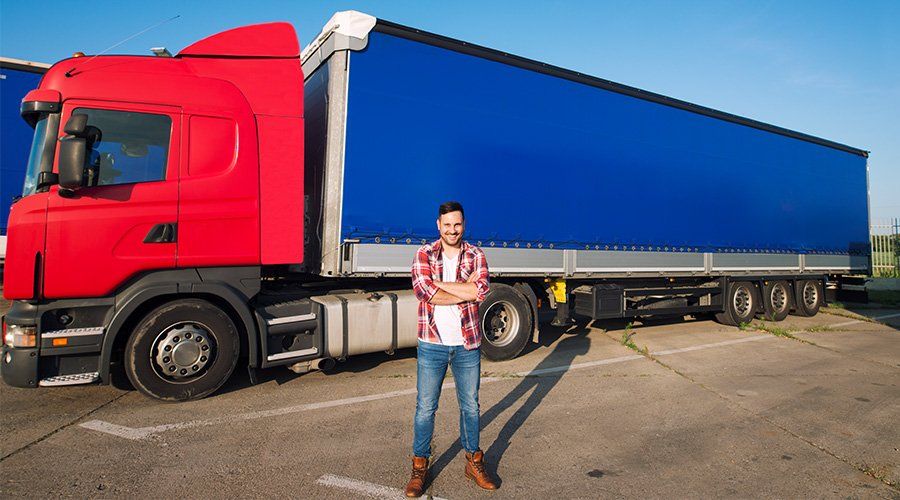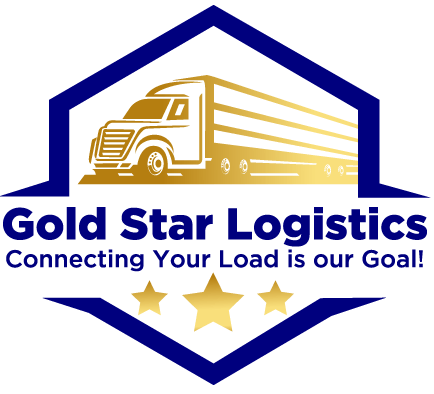
Are you ready to work for yourself? Find yourself wondering how much does it cost to start a trucking company? Some estimates anticipate between
$10,000 and $20,000 to get started with a small trucking company, assuming you don’t have to factor in the average cost of a semi truck. What goes into the cost of starting a logistics company? Let’s take a look.
Start-Up Costs
- Registration and formation documentation will run you between $900 and $1500, on average. This includes paperwork like your LLC formation documentation, your EIN, your USDOT and MC numbers, and more.
- An “international registration plan” account (or IRP, and otherwise known as apportioned plates) is required for companies whose trucks (over 26,000 pounds) travel over state lines. The IRP and the International Fuel Tax Agreement (IFTA) “consolidate licensing and reporting requirements through the base (home) state.” These fees vary by state, but typical fees are between $1500 and $2000.
- A Heavy Vehicle Use Tax (and a permit) will come with a price tag between $100 and $600 per truck. Note that while this is a start-up cost, it is also an annual fee for heavy vehicles that travel across public highways.
- An insurance down payment (per truck) will also be required. Estimates recommend anticipating between $2000 to $48,000 per truck.
- Be prepared to pay roughly $500 per truck for other, miscellaneous state-specific taxes.
- Of course, you can’t start a trucking company without buying or leasing a truck. The average cost of a semi-truck varies
widely depending on if you’re buying new or used. On the low end, a used semi-truck will cost $30,000 and a new truck will cost $130,000. On the high end, those numbers raise to $180,000 to $200,000, respectively. Leasing requires less up-front cash; you’ll likely need a down payment around $1000, and then you’ll pay monthly payments between
$800 and $2500.
Ongoing Costs
- If you’re hiring drivers, you’ll need to factor salaries into your ongoing costs. Indeed’s most recent average base salary for a truck driver is roughly $63,000, though lower estimates hover around the $45,000 range. Keep in mind that some drivers are paid hourly, while other companies choose to pay their drivers by the mile.
- A fleet management system simplifies important tasks like annual registrations, maintenance, driver schedules, and routes. Many fleet management systems can even integrate with your driver monitoring and pre-employment background checks (link to “Fleet Safety Program: 4 Important Things to Remember”). If your fleet includes several trucks, it might be a worthwhile investment. System costs vary depending on complexity, but on average it will cost $35 per vehicle, per month.
- To pay for these costs, you need loads. There are several ways you can find loads for your trucks (link to “Blueprint to Find Truck Loads for Your Fleet”), and costs will vary depending on which method you choose.
- Finally, don’t forget to factor in maintenance and fuel costs (link to “Commercial Vehicle Maintenance Checklist”).
Starting any company comes with a price tag, and the cost of starting a logistics company is no different. But if you find yourself searching “how much does it cost to start a trucking company?” then you’ve already got the urge to get into this field—and Gold Star can help. Our consultative services have helped people just like you get started. Our
authority packages help you establish your company with the necessary forms and registrations, and our
coaching and mentoring programs are available if you need a little more guidance. Let our expert team get you on the road.
